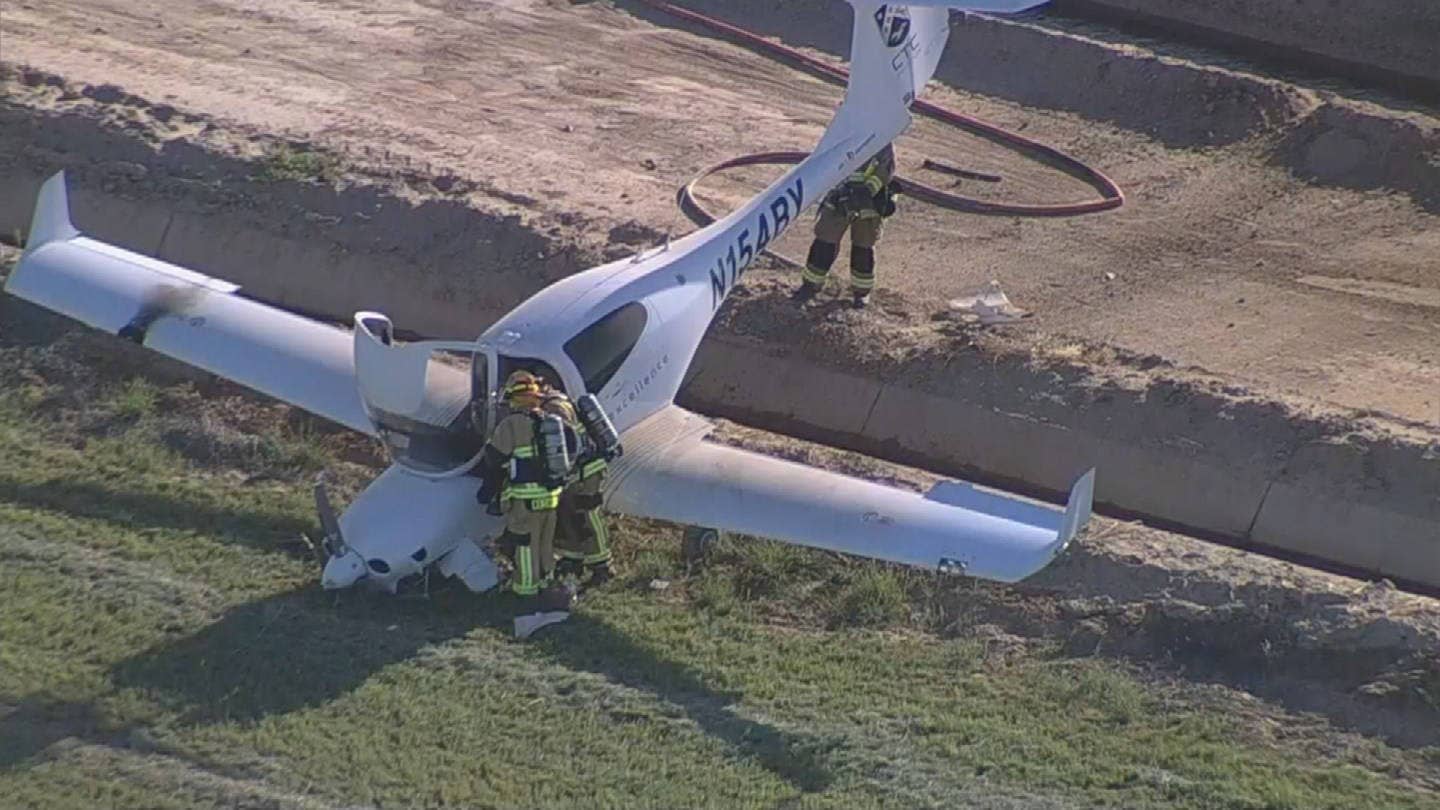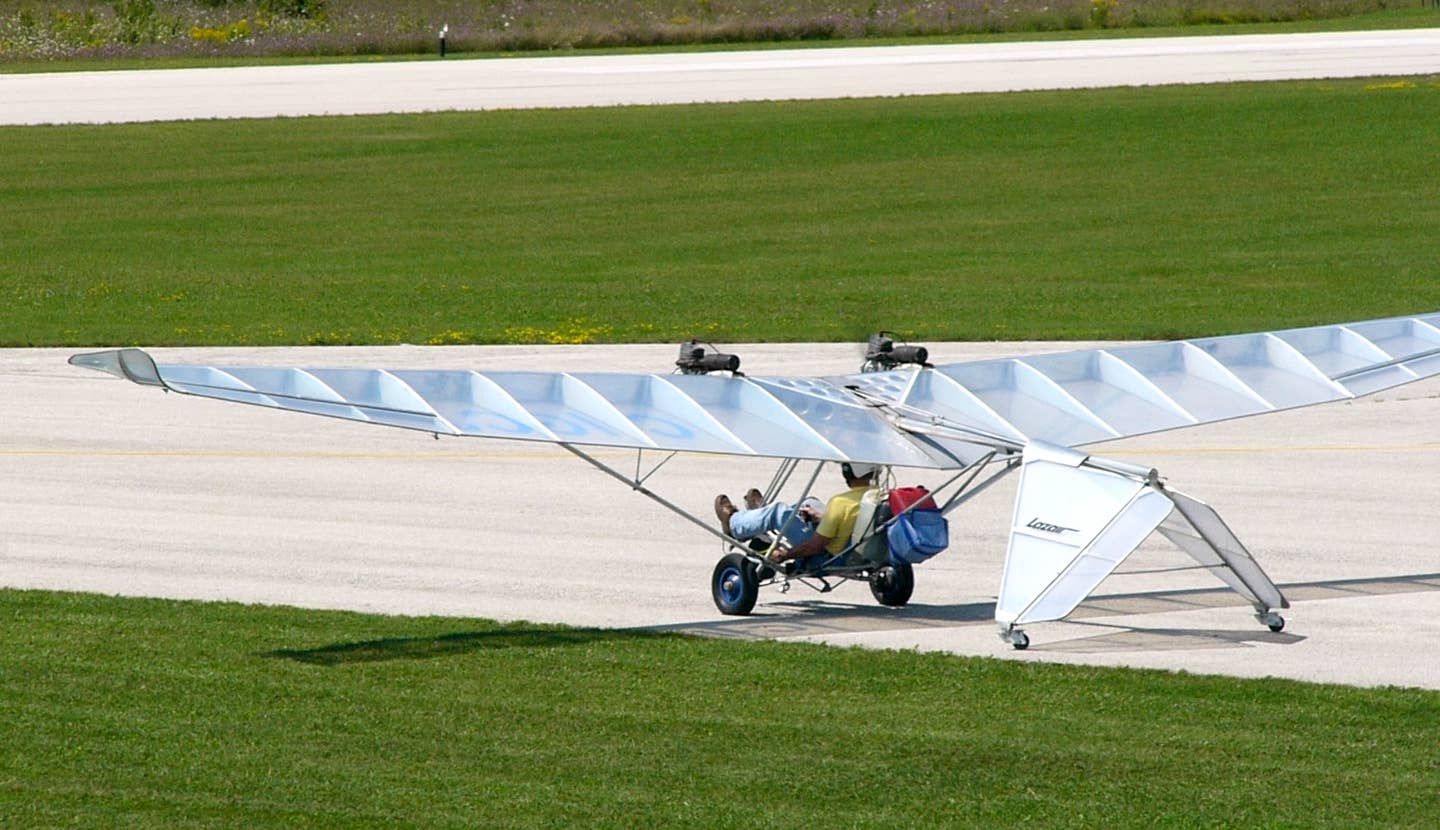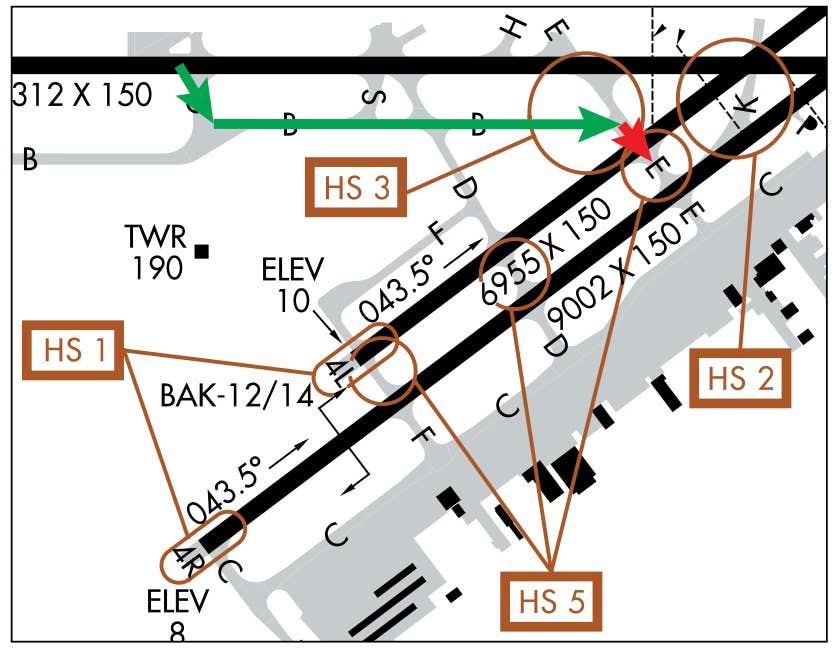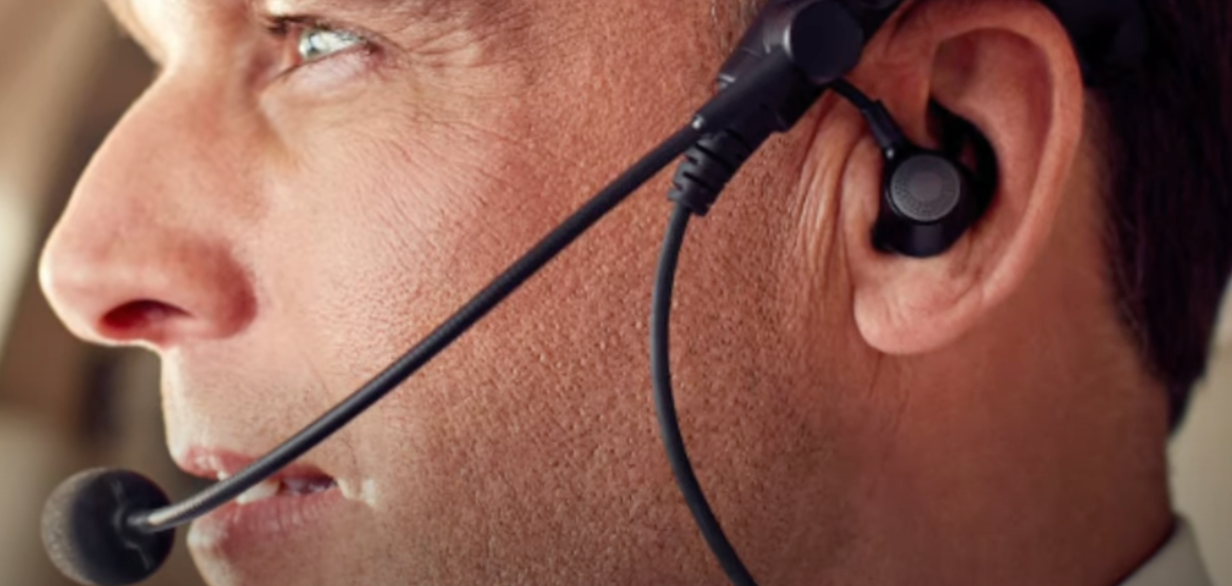Top Letters And Comments, April 23, 2021
This week’s letters brought comments from readers about engine failures, internet vs. Flight Service briefings and landing on the Moon.

This Is Why We Can’t Have Nice Things
As an A&P of over 50 years experience, I URGE your non-A&P readers to stay away from cylinder base nuts and don’t go buying cylinder base wrenches to see if things are tight. Mike Busch has a LOT to say about this sort of thing and even he doesn’t fiddle with cylinders. Unless you want to hose up an engine, start a leak (requiring RTV to fix it [kidding]) or otherwise cause issues, keep your mits off those nuts. Leave this to your mechanic. Make sure they have the appropriate tech data for the engine in question, the appropriate wrenches and torque measuring devices and that’s that. After that — as you said — leave it to Faith. And if your mechanic thinks it’s OK to pull more than one cylinder off your engine, find another mechanic. There’s a process to ensure loosening cylinder bases and through bolts doesn’t cause subsequent issues. Bottom line … this is serious business. I have never actually seen an engine problem due to loose cylinder attach hardware but PB is “the” man when it comes to airplane crash analysis so … if he says it happens, then it does.
This is one of the reasons that Rotax INSISTS that anyone doing maintenance on their engine has been through their appropriate engine schools. Even an A&P isn’t ‘technically’ allowed to touch them. Anyone flying a Rotax better make sure their mechanic has the appropriate training certificates. Same story, different flavor.
Two weeks ago, I did a Flight Review in a 172 with a nicely remanufactured Garmin panel in it. Right away, I see things wrong with the instruments. The operator finds out I’m an A&P (but away from where I do that sort of work) and he wants me to spend an hour and fix all the crap that was wrong with the airplane. This is typical. If you own an airplane, there will be times when you have to part with some Benjamin’s to make sure that it’s safe and legal. If that’s not something you can do, take up boating.
Larry S.
The sudden, unforeseen engine failure is a rare phenomenon. NTSB reports are rife with engine failures preceded by puzzled pilots wondering about, then dismissing strange indication, noises, vibrations, etc. Engines talk–we just have to listen. The preflight and engine runup gives us the opportunity to listen. Don’t squander it by ignoring what your engine tells you.
Mark Sletten
FAA Says Internet Preflights Better Than Flight Service Briefings
…and where does the FAA say to go for TFR info that is not just “advisory” (hint, not FIS-B, not FAA TFR page) Until that is fixed, EVERY flight gets a call to FSS if only to record my N#, TFR status request and FSS response on tape. Flying around DC and various POTUS’ weekend destinations, I pay close attention to this aspect.
Rich R.
Not to be obstinate, but I’m not a meteorologist and have no desire to become one. I am a pilot, I have a very strong desire to fly safely, and I am very happy to rely on the meteorological knowledge and wisdom of FAA and its meteorological contractor for weather information. In my opinion, FAA got this one wrong. If their goal is to get out of the weather business (thus saving the cost of the contract) and force non-scheduled, non-commercial small business and pleasure pilots like me to buy meteorological wisdom the way airlines with dispatch departments and corporate operators who use weather vendors do, then they should just please say so. Pretending that waving an AC at me makes me as capable as a briefer to collect and interpret weather information is magical thinking; it is silly and dangerous.
Joe C.
Poll: Should We Land on the Moon Again?
- Establishing a base on the moon will provide lessons and technology for later use on a Mars base. The moon is much closer to the earth so the time and energy will be much less than traveling to Mars. Like the 1960s moon program, learn things one at a time and build on experience.
- 120 years ago, some people were asking the same thing about powered flight. In 100 years (likely less) this question will seem just as silly.
- That was done 50 years ago with that time's technology so I don't see the point of doing it again. I doubt whether much would be learned by re-landing on the moon.
- Good primer for the planned trip to Mars.
- Depends on what the mission objectives are.
- Let private sector go there if there's money to be made. I don't think the feds need to go back; it's reinventing the wheel. Let private sector scientists and engineers do the work.
- Yes. It is the only way to know if it is worth the effort.
- Why? No one is ever going to occupy it and there’s no reason to put anyone one Mars. Let’s spend the money on getting this country straightened out.
- Maybe. I'd want to know more about what the plan is (and what is realistic, not as some pie-in-the-sky fantasy plan that will never get funded).
- There's gonna be opinions one way or another. Thing is, WHERE would our exploration endeavors be today if we hadn't sought to fly in space back in the 1960s?
- Yes, maybe a base, but certainly to get ready for interplanetary exploration.
- It depends. What are the goals? What will be the benefit?
- Global warming, depletion of fossil fuels without adequate replacement, plus over population are more pressing issues than landing on the moon (again).
- Yes, if something can be learned by doing so.
- There are few things on the moon, and Mars, for that matter, that can't be accomplished more cheaply and safely by remote sensing and robotic devices than by humans on site.
- Maybe if NASA doesn't do it. NASA has set manned space flight back 100 years.
- Yes, but not as a commercial enterprise – could lead to an unwelcome monopoly.
- Only for no-atmosphere-living-environment R&D.
- Yes. We won’t make it to Mars if we can’t make it back to the moon.
- Feed your people and get them debt free.
- Not unless we can actually learn something that will be helpful in future space flights.
- Yes, but after a Mars mission.
- If you have to ask the question, then there is no reason yet to do it.
- Sure, why not? There seems to be an unlimited supply of tax $ available.
- Yes, why not?






